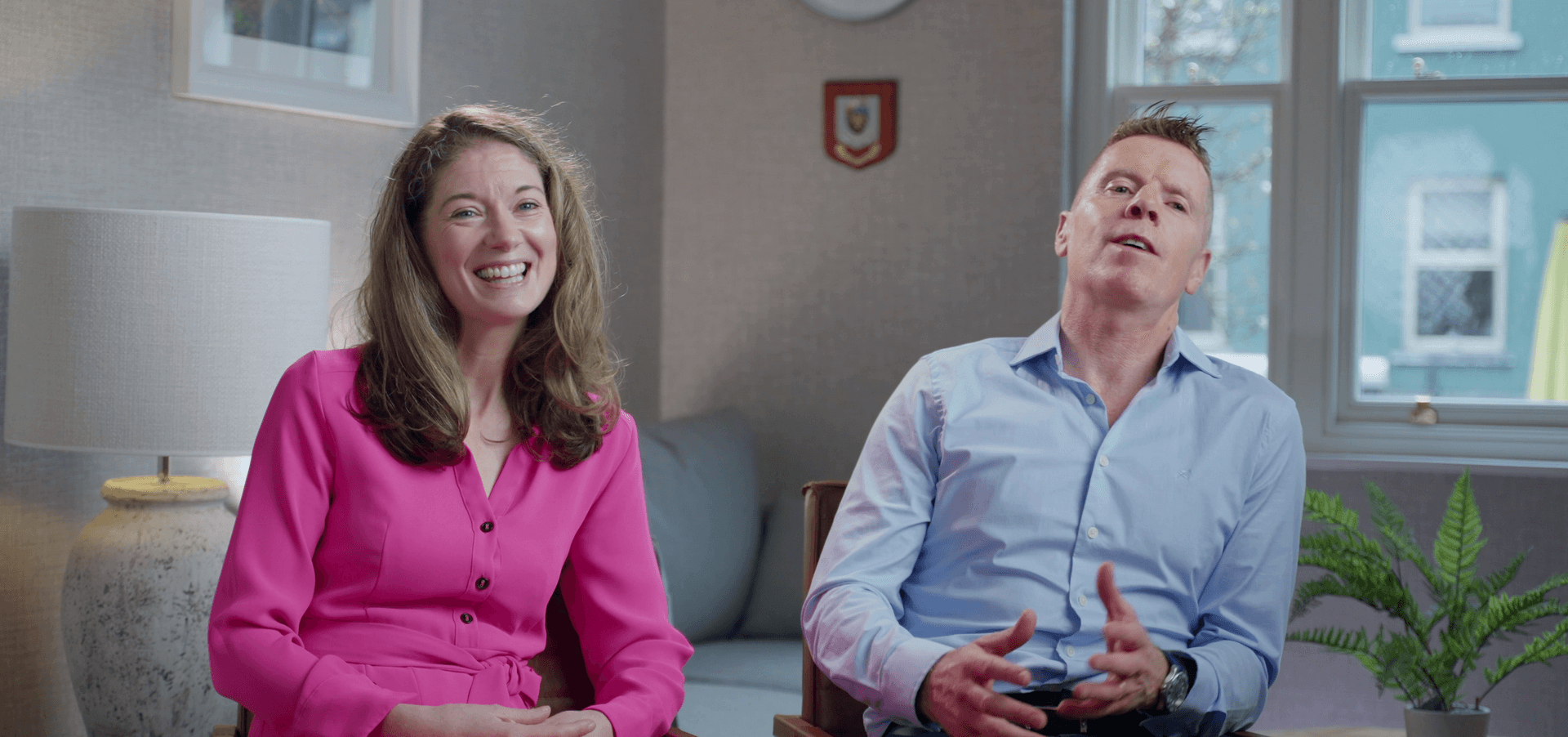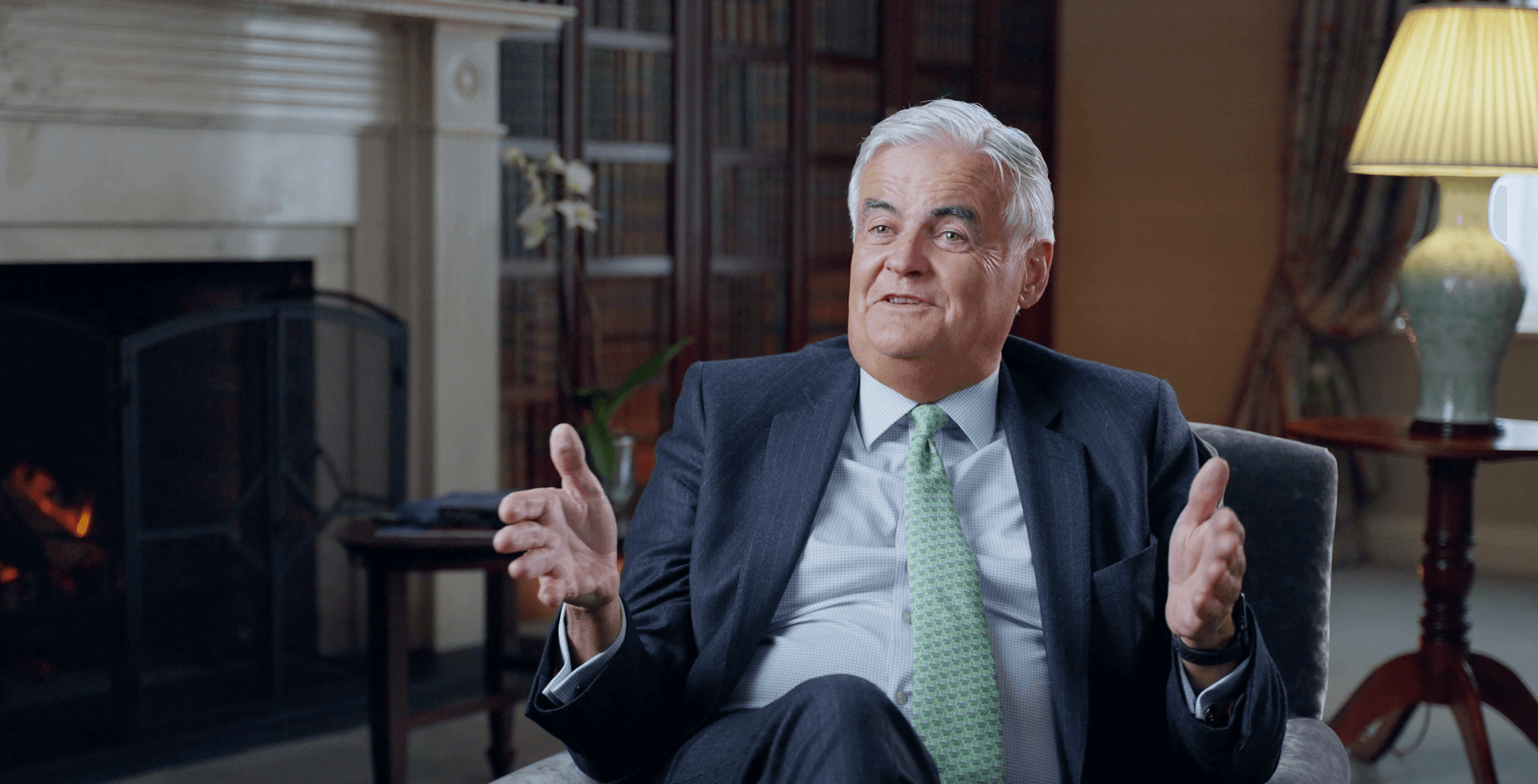Financial disagreements in relationships are a common sources of stress for couples. Whether it’s about spending, saving, or simply how to talk about money, these disagreements can create tension and misunderstandings. But when couples understand the real reasons behind their financial conflict, they can start working together instead of against each other.
In a recent webinar hosted by Financial Planners Ireland (FPI), Dr. Daniel Crosby, psychologist and expert in behavioural finance, joined our Managing Director, and Chair of the FPI, Diarmuid Corcoran to talk about why money causes tension in relationships, and what couples can do about it.
“The way we think about money is shaped by our upbringing and personality. That’s why financial disagreements are often about more than just the numbers.” – Dr. Daniel Crosby
Why Financial Disagreements Happen
Dr. Crosby’s research with over 400 couples shows that most money conflicts come from differences in financial values, not the numbers. It’s not about how much money you have, but how you feel about it. These feelings are often shaped by life experience, personality, and culture.
“The root of financial conflict often lies not in the numbers, but in our emotional connection to money.” – Dr. Daniel Crosby
5 Common Reasons Couples Argue About Money
- Different Communication Styles: One person wants to talk openly about money, the other avoids it. That mismatch can lead to tension and frustration.
- One Worries, One Doesn’t: If one partner is anxious about money and the other is more relaxed, it can feel like you’re on different teams.
- Spender vs. Saver: Some people want to enjoy their money now. Others want to save for the future. Both mindsets are valid – but clashes happen when there’s no balance.
- Joint vs. Separate Approach: Some couples prefer to keep their finances completely shared. Others want independence. If expectations aren’t aligned, things can get tricky.
- Money and Self-Worth: For some people, money is tied to success and identity. For others, it’s just a tool. If one partner sees money as personal and the other doesn’t, it can cause deeper issues.
How Couples Can Handle Financial Disagreements
You don’t have to agree on everything, but you do need to understand each other. Here are five simple ways to work as a team:
-
Talk About Your Money Backgrounds: Share how your family handled money growing up. You’ll understand each other better right away.
-
Identify Shared Goals: Whether it’s a home, holiday, or early retirement, having a common goal brings focus and motivation.
-
Create a Plan Together: Build a financial plan that reflects both your values—balancing present enjoyment with future security.
-
Check In Regularly: A quick monthly chat can keep things on track and reduce stress.
-
Make It Fun: Try a “financial date night” at home. Good food, a glass of wine, and a chat about your goals can make financial planning feel positive, not stressful.
How We Can Help
At Chartered Capital, we help couples build financial plans that reflect their shared values and long-term goals. Whether you’re just starting out or planning for the next stage of life, we’re here to help you make clear, confident decisions, together. Our approach is simple: we put your goals first and help you understand your options without jargon or pressure. It’s not just about growing your wealth; it’s about creating a financial life that works for both of you.
Ready to feel more confident about your finances?
Let’s chat about how we can support you and your partner in building a strong financial foundation – together.
In Their Own Words







